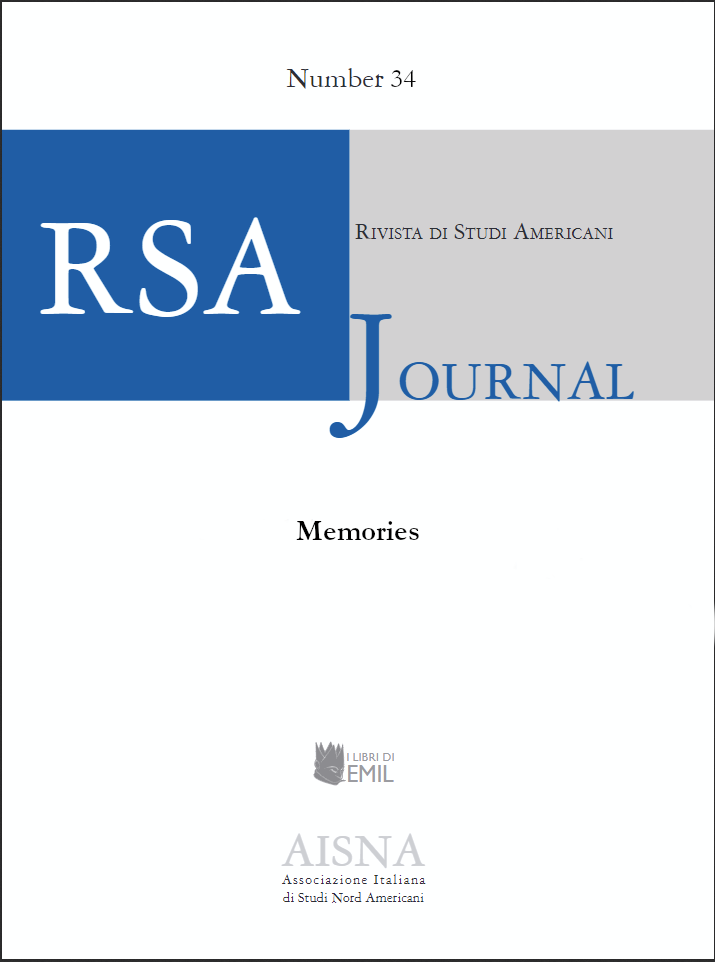Poetry, Animals and the Imaginative Ethnographies of Creaturely Lives
DOI:
https://doi.org/10.13135/1592-4467/8376Keywords:
animals, poetry, ethnographyAbstract
In conversation with recent work on post-humanism and theorizations of the “more-than-human” world, I explore the capacities of literature, and especially contemporary poetry, to function as a sort of imaginative ethnography. Considering selected poems by US authors as a mode of “multispecies ethnography,” I draw on anthropological debates about ways of knowing more-than-human worlds, and the challenges of articulating that (necessarily anthropocentric) speculative knowledge. I argue that poetry, with its emphasis on condensation and multi-layered semiotics, along with its affective dimensions built through craft tools of sound, image, rhythm and line breaks, can function as a form of transpecies imaginative translation. It may even cultivate empathy, ultimately building toward change in human-animal relations in the world, through acts of writing and interpretation that imaginatively translate across the species divides, articulating shared human and more-than-human worlds.
Downloads
Published
Issue
Section
License
RSAJournal will apply a CC BY 4.0 license to all its contributions starting with issue 37 (2026). Previous issues are licensed under a CC BY-NC-ND licence.





